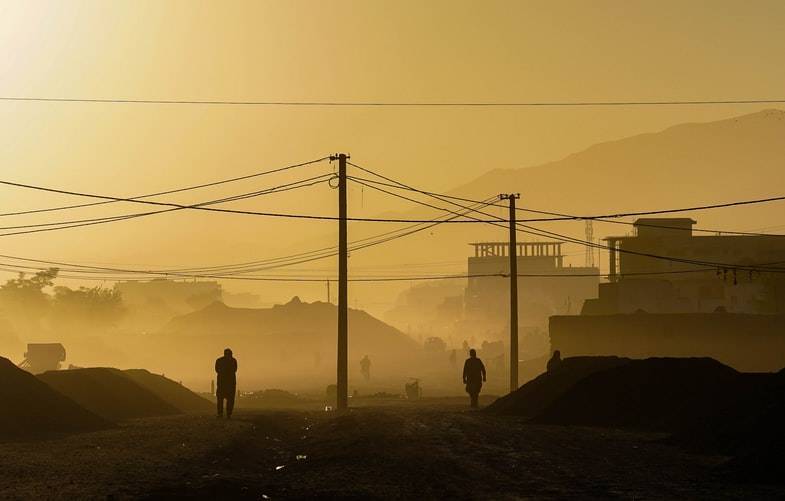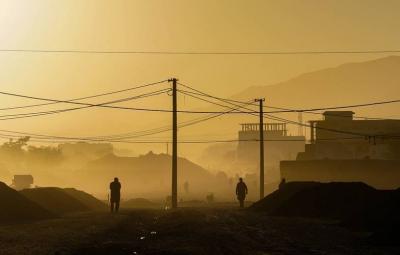U.S. President Joe Biden will host Afghan President Ashraf Ghani at the White House next week, coinciding with the accelerated pace of the U.S. withdrawal from Afghanistan amidst growing concerns about the country's future. Ghani will be accompanied during the visit scheduled for June 25 by Abdullah Abdullah, the chief negotiator for the Afghan government in talks with the Taliban, as announced by White House Press Secretary Jen Psaki on Sunday. Psaki stated that "the visit of President Ghani and Dr. Abdullah will reaffirm the lasting partnership between the United States and Afghanistan at a time when military withdrawal continues."
In April, President Biden decided, contrary to military advice, to withdraw all U.S. forces from Afghanistan by the 20th anniversary of the September 11, 2001 attacks. These attacks prompted Washington to invade Afghanistan and topple the Taliban regime that was harboring al-Qaeda jihadists responsible for the attacks in the U.S. Since Biden's announcement, the pace of withdrawal has quickened, surpassing fifty percent.
However, the U.S. withdrawal exacerbates the fears of many Afghans who worry about a return of the Taliban to power and the imposition of the same fundamentalist regime they established in the country from 1996 to 2001. Alongside the U.S. withdrawal, the Taliban are making battlefield gains against Afghan forces, which have been retreating at an alarming rate since May, prompting the Afghan president to replace the interior and defense ministers over the weekend.
The Taliban movement is now present in nearly all provinces of the country and is encircling several major cities, a strategy reminiscent of the 1990s that allowed them to control the vast majority of the country's territory and impose the regime that was ousted following the U.S. invasion in 2001. Over the past year, a series of assassinations attributed to the Taliban have killed dozens of educated youth, including journalists, judges, academics, and human rights activists, prompting those able to leave to flee the country out of fear of being targeted.
On Sunday, a Taliban official participating in talks with the government in Doha sought to reassure about the "authentic Islamic system" the movement intends to establish in the country. Deputy Leader Mullah Abdul Ghani Baradar asserted that the Taliban "will protect the rights of all citizens of this country, men and women, in accordance with Islamic teachings and Afghan societal traditions."
However, power-sharing talks that began in Doha last September between the Taliban and the Afghan government have been stalled. On Sunday, the White House emphasized that "the United States remains fully supportive of the ongoing peace process and encourages all Afghan parties to actively participate in negotiations aimed at ending the conflict," reiterating that the U.S. presidency "is determined to support the Afghan people."
The discussions between Biden and Ghani are expected to address the fate of about 18,000 Afghans who worked with U.S. forces, some of whom, having served as translators, hope to secure immigration visas to the United States out of fear of retaliatory actions from the Taliban if the group returns to power in Kabul. The Biden administration is currently reluctant to relocate them and prefers to grant them special visas, even though the Pentagon announced weeks ago that it had begun preparations for a large evacuation operation. The talks will also address the issue of ensuring the security of Kabul airport. This week, U.S. National Security Advisor Jake Sullivan emphasized that Turkey has made a "clear commitment" to take on a "leading role" in this regard.




